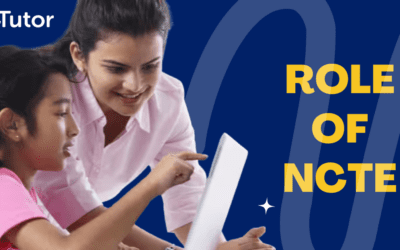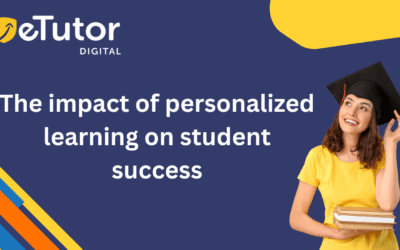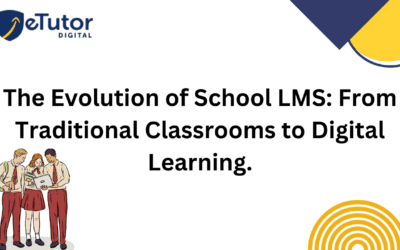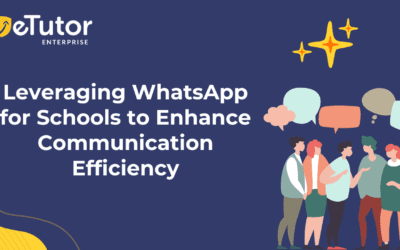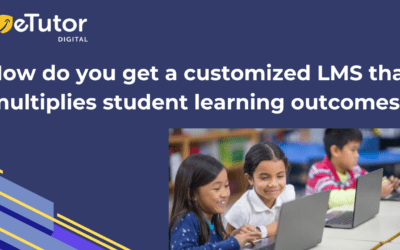Why Outcome Based Learning is the Future of Education | eTutor

Table of contents
What is Outcome Based Education (OBE)?
Benefits of Outcome-Based Education
Difference Between Outcome based education vs Traditional base education
Feature base Outcome-based Learning
What is the main objective of outcome-based learning?
What are the characteristics of OBE?
How an e-tutor Can Help You with Outcome-based Learning
Conclusion
Frequently Asked Questions
What is Outcome Based Education (OBE)?
Outcome-Based Education (OBE) is an approach to education that focuses on the desired outcomes or learning results of a particular educational program or course. OBE emphasizes what students should be able to do after completing a course or program rather than just the knowledge they have acquired. The approach is centered on defining clear learning objectives or outcomes that students should achieve by the end of the course or program and designing teaching methods and assessment strategies that support those outcomes.
Benefits of Outcome-Based Education
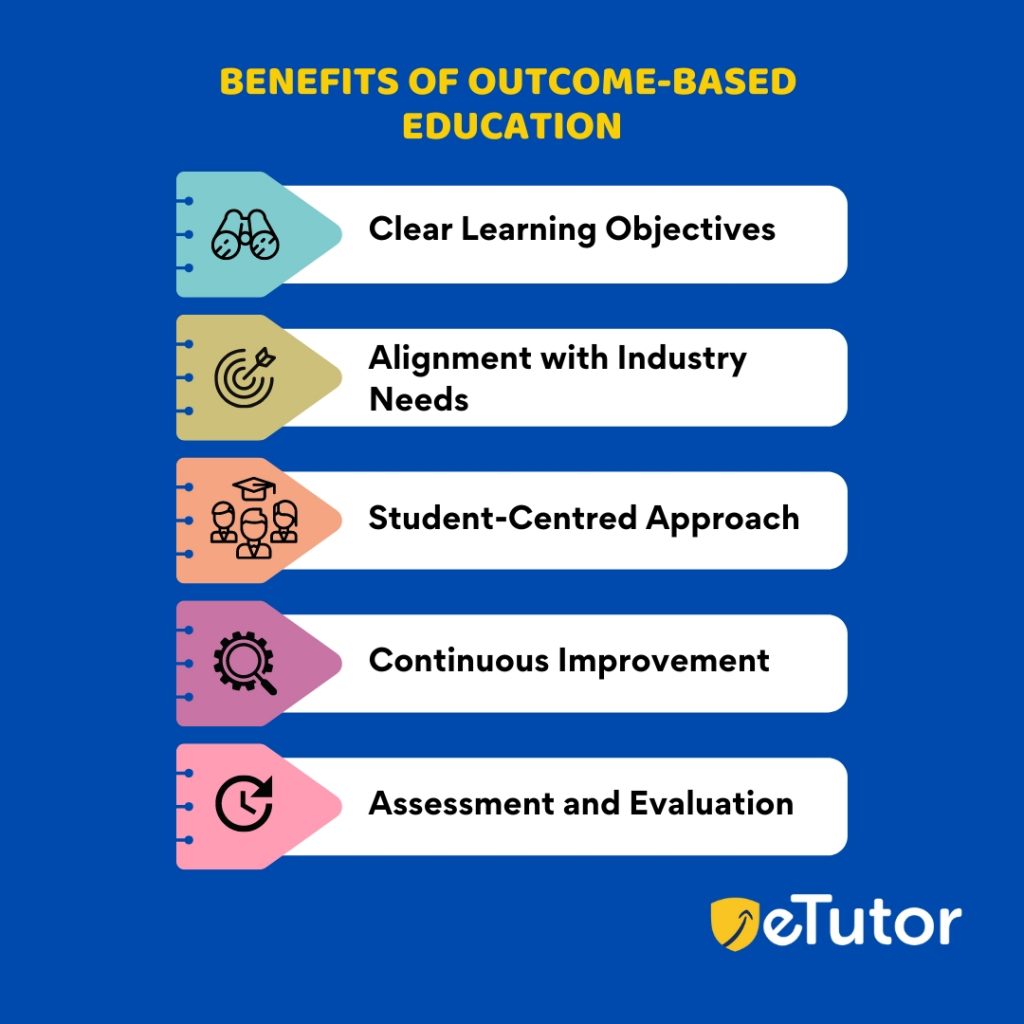
There are several benefits of Outcome-Based Education (OBE), including:
Clear Learning Objectives:OBE defines clear learning objectives or outcomes students should achieve by the course’s or program’s end. It helps both students and educators understand the goals of education and work towards achieving them.
Alignment with Industry Needs:OBE ensures that the learning outcomes are aligned with the needs of the industry, society, or higher education institutions. It helps to ensure that graduates are prepared for the workforce and have the necessary skills and competencies to succeed.
Student-Centred Approach:OBE puts the focus on the learner and their needs. This approach ensures that students are actively engaged and encouraged to take responsibility for their learning.
Continuous Improvement:OBE encourages continuous improvement and feedback to help educators adjust the curriculum and teaching methods to meet the needs of their students better.
Assessment and Evaluation:OBE emphasizes assessment and evaluation to ensure students achieve the intended learning outcomes. It helps educators evaluate their teaching methods’ effectiveness and make adjustments where necessary.
Difference Between Outcome base education vs Traditional base education:
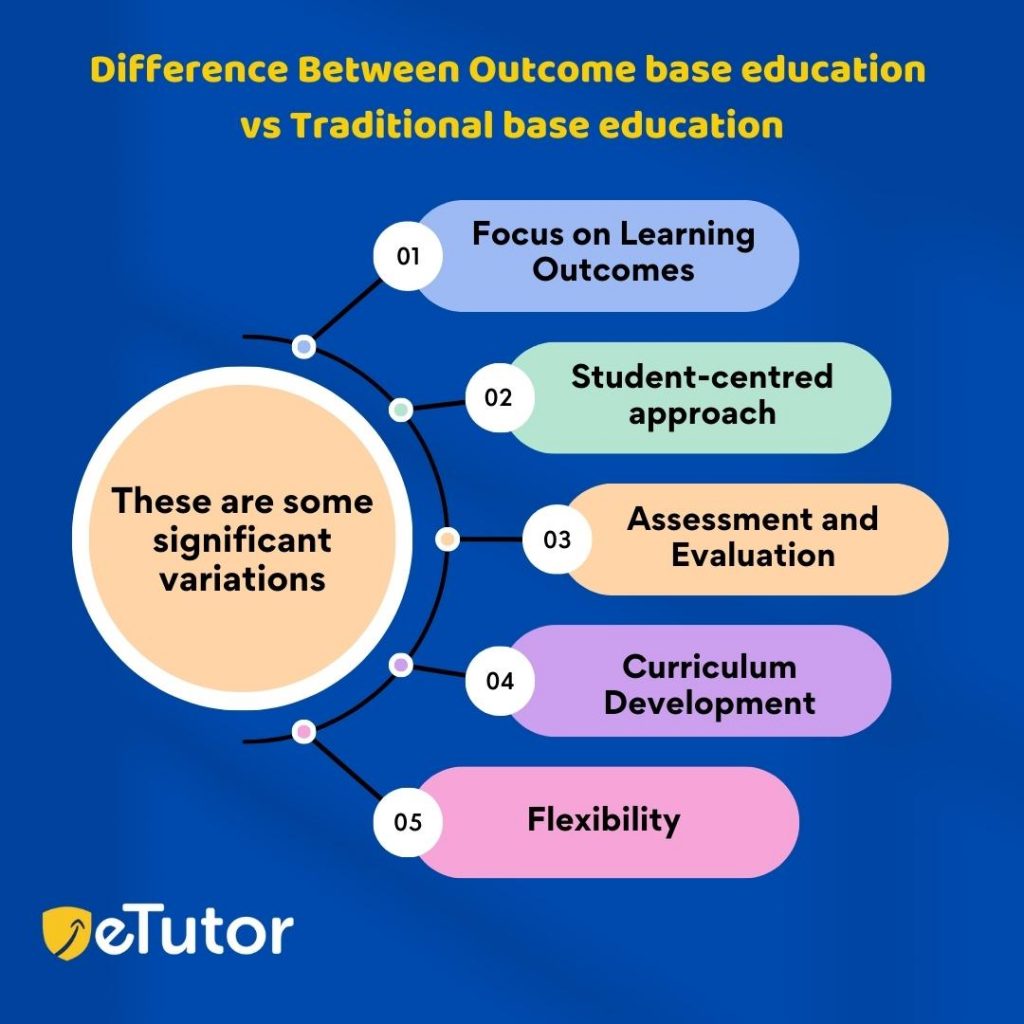
The goal and methodology of teaching and learning are where Outcome-Based Education (OBE) and Traditional-Based Education (TBE) diverge most. The following are some significant variations:
Focus on Learning Outcomes: Whereas TBE primarily concerns the curriculum’s content, OBE emphasizes clearly defined learning outcomes or objectives.
Student-centred approach: OBE is a student-centred approach in which the student is actively involved in the learning process and is in charge of their learning. In TBE, the teacher serves as the primary source of knowledge, and students are expected to take in the material passively.
Assessment and Evaluation: While TBE focuses more on conventional testing procedures to gauge a student’s understanding of the curriculum, OBE emphasizes assessing and evaluating the student’s performance concerning the learning outcomes.
Curriculum Development: Whereas TBE may rely more on using textbooks and lectures to disseminate knowledge, OBE designs the curriculum and teaching strategies to promote learning outcomes.
Flexibility: TBE tends to be more rigorous and structured, while OBE is more adaptable, allowing educators to alter the curriculum and teaching methods to match the requirements of their pupils better.
Feature base Outcome-based Learning
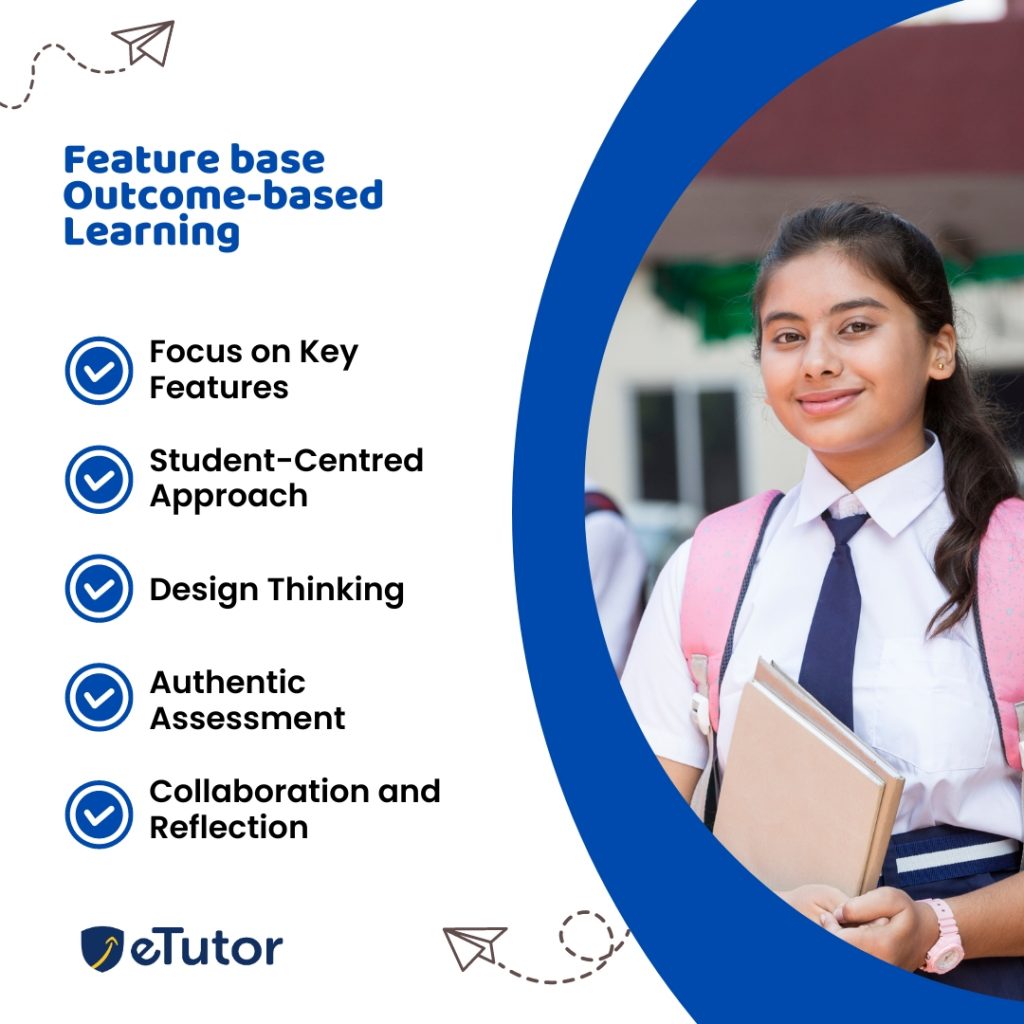
Feature-Based Outcome-Based Learning (FB-OBL) is a specific approach to Outcome-Based Education (OBE) that focuses on the features of a particular subject or discipline. FB-OBL is centred around identifying the key features or characteristics of a subject or discipline and designing learning experiences that help students develop a deep understanding of those features.
Here are some of the critical features of FB-OBL.
Focus on Key Features: FB-OBL focuses on identifying the key features or characteristics of a subject or discipline and designing learning experiences that help students develop a deep understanding of those features.
Student-Centred Approach: FB-OBL is a student-centred approach where the learner is actively engaged in learning and takes responsibility for it.
Design Thinking: FB-OBL utilizes design thinking principles to help educators identify the critical features of a subject or discipline and design learning experiences that support those features.
Authentic Assessment: FB-OBL emphasizes authentic assessment methods that require students to demonstrate their understanding of the critical features of a subject or discipline in real-world contexts.
Collaboration and Reflection: FB-OBL encourages collaboration among students and reflection on their learning experiences to deepen their understanding of the critical features of a subject or discipline.
What is the main objective of outcome-based learning?
The main objective of Outcome-Based Learning (OBL) is to ensure that students achieve specific learning outcomes or objectives by the end of a course or program. The focus is on defining clear and measurable learning outcomes, designing appropriate teaching methods, and using effective assessment strategies to measure students’ progress towards those outcomes.
The primary goal of OBE is to ensure that students acquire the necessary skills, knowledge, and competencies to succeed in their future careers or higher education. This approach aims to ensure that the learning outcomes are aligned with the needs of the industry, society, or higher education institutions. OBE is widely used in many countries worldwide, including the United States, Canada, Australia, and the United Kingdom.
What are the characteristics of OBE?
The critical characteristics of Outcome-Based Education (OBE):
- Learning Outcomes
- Student-Centred
- Alignment with Industry Needs
- Curriculum Design
- Assessment and Evaluation
- Continuous Improvement
- Collaboration
How Can Etutor Help You with Outcome base Learning?
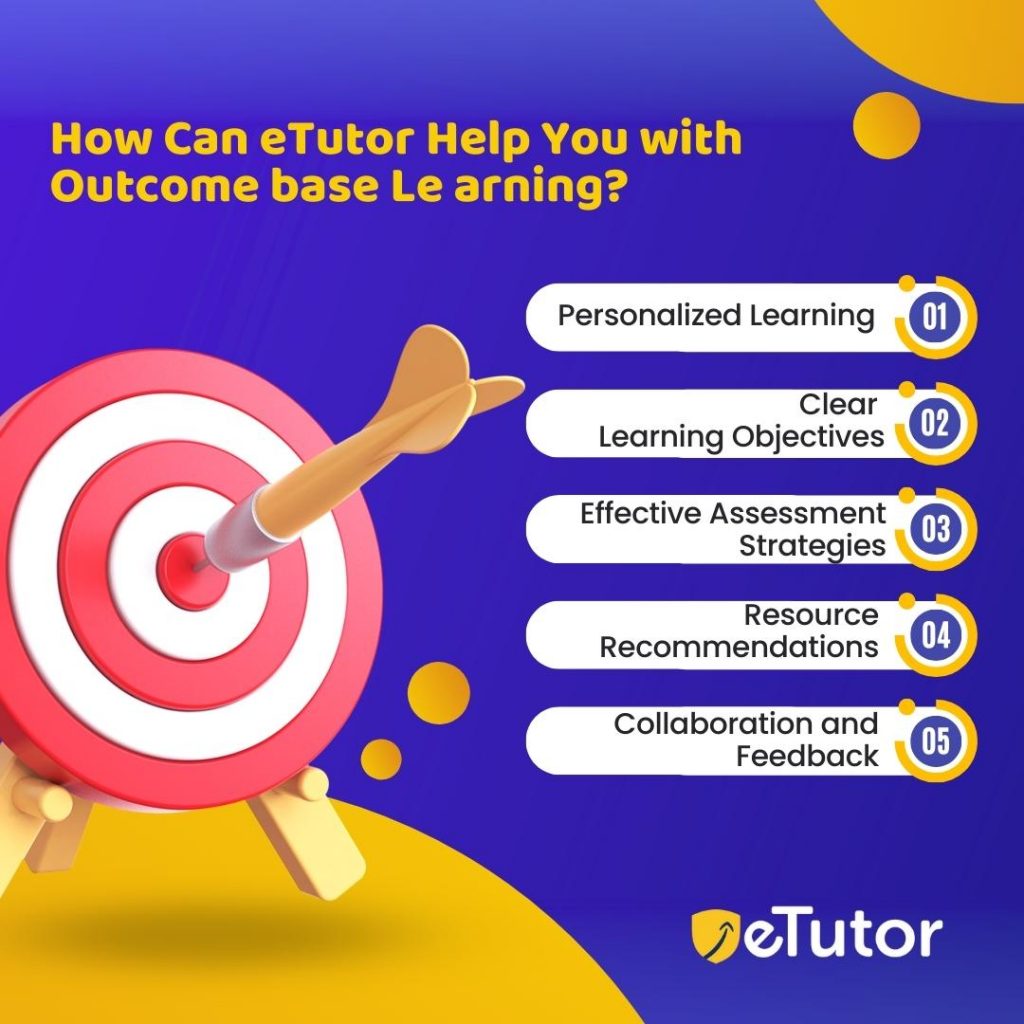
You could find using an eTutor or an online learning platform focusing on OBL beneficial if you want a more
individualized and interactive learning experience.
An eTutor can assist you with OBL in the following ways:
Personalized Learning: Learning experiences that are personalized and catered to your requirements and learning preferences can be delivered by an eTutor. They can offer advice on developing and assisting you in determining your strengths and limitations.
Clear Learning Objectives: An eTutor can assist you in defining your learning goals and creating an action plan to help you reach them. They can also assist you in understanding the connection between your learning goals and the course’s or program’s more general learning outcomes.
Effective Assessment Strategies: An eTutor can assist you in creating assessment plans that are in line with learning objectives and provide you feedback on how you’re doing.
Resource Recommendations: An eTutor can suggest materials, including books, articles, and videos, to help you reach your learning goals and comprehend the material more thoroughly.
Collaboration and Feedback: An eTutor can offer opportunities for collaboration with other students and provide feedback on your work, which can help you spot areas where you can improve.
In conclusion, an eTutor can offer you individualized support and direction to promote your success in outcome-based learning. It may assist you in creating effective assessment plans, defining precise learning objectives, and suggesting resources to improve your learning.
Conclusion:
Outcome-based learning represents a successful educational strategy that guarantees students meet specific learning objectives and are adequately equipped for future employment or higher education. It is a student-centred strategy that emphasizes efficient assessment methods, continual improvement, and the alignment of learning objectives with market demands.
Frequently Asked Questions
Author: Saritha Reddy
Website: https://www.etutor.co
Recent Posts
- NTA-Based Hybrid Assessment Software for IIT-JEE Mains, Advanced & NEET
- eTutor Offline Exam Software for IIT-JEE, NEET, and Foundation with Student Performance Analytics
- NEET Test Generator for Academies & K-12 Schools
- How School ERP Software Maximizes Productivity and Minimizes Cost
- How Does ERP Software for Schools Help Educators?

